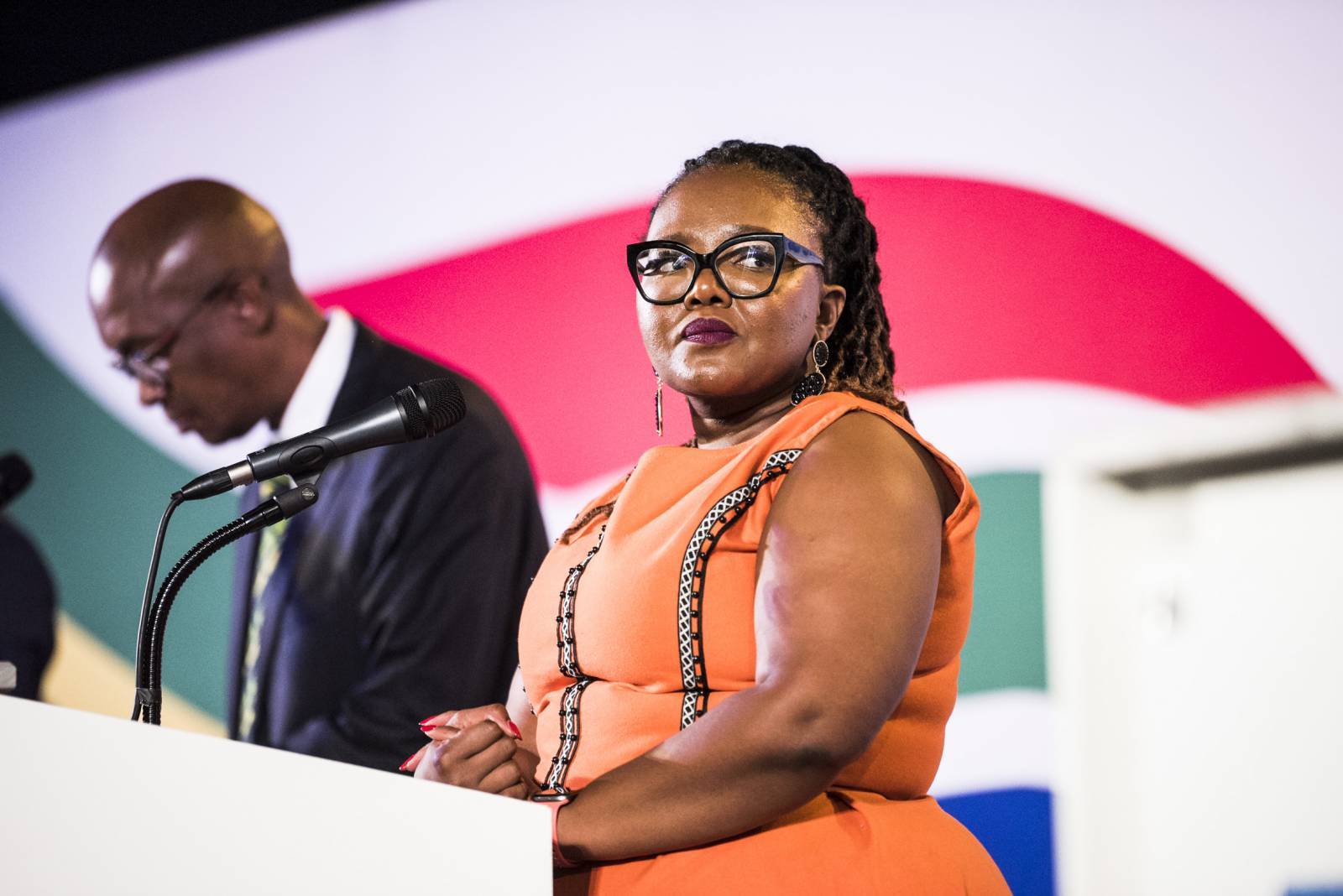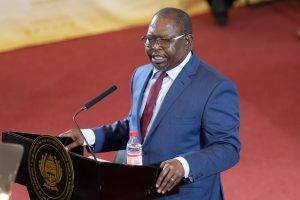
South Africa is confident of its growth forecasts and the fiscal policies outlined in its February budget, and can use foreign exchange reserves in the case of an “extreme crisis”, Finance Minister Pravin Gordhan said on Monday.
The national Treasury has said it expects the economy to grow 3.4% this year from last year’s 2.8%.
Policymakers from the Treasury and the Reserve Bank have in recent weeks raised concerns about the impact of a global slowdown on the local economy, with Governor Gill Marcus saying the bank would act in the event of a sustained slump.
The Treasury only releases growth forecasts twice a year. Its next estimates are due in October.
Most economists have cut their 2011 growth forecasts as a US sovereign ratings downgrade and worsening debt problems in the eurozone have raised the threat of another world recession.
Protection
Domestic growth numbers for the second quarter will be released on Tuesday, with the market expecting the data to show the pace of economic growth slowed to 1.6% from 4.8% in the first quarter.
The weak domestic recovery has seen the market price in a small chance of another interest rate cut, to add to the 650 basis points worth of reductions in the two years to end-2010.
Gordhan said the country could dip into foreign exchange reserves — which have increased by more than 30% in the past year to $50.5-billion by the end of July.
“We have systematically increased the level of our foreign exchange reserves to provide protection against global shocks to the economy,” he said in a written reply to a parliamentary question.
“In an extreme crisis, government is in a position to use these funds, although the liquidity implications would also have to be considered,” he said.
Reforms to boost growth
South Africa’s annual economic growth is expected to average between 3% and 3.5% over the next three years, a fraction of the 7% the government and the International Monetary Fund says is needed to create jobs.
More than a quarter of the labour force in Africa’s largest economy is unemployed and millions continue to live in poverty 17 years after the end of white-minority rule, which exposes the country to social instability.
Without being specific, Gordhan said it was “important to achieve productivity improvements, undertake structural reforms to support accelerated growth and build the necessary social and political consensus around reducing debt”.
Gordhan has come under fire from unions for saying that labour laws — which business considers stringent — needed to be relaxed to accommodate job creation.
South Africa’s debt levels of around a third of GDP are expected to rise over the next few years, partly on increased spending by state-owned enterprises to improve infrastructure.
However, Gordhan said the sovereign crisis in the eurozone had shown the dangers of allowing large deficits to build up, and South Africa was therefore committed to keeping a lid on spending, with a gradual lowering of the budget deficit to below 4% by 2013.
“Even though our budget deficit and debt levels are much lower than many countries in the developed world, the events in the eurozone illustrate the dangers associated with allowing large fiscal imbalances to develop,” he said. — Reuters





